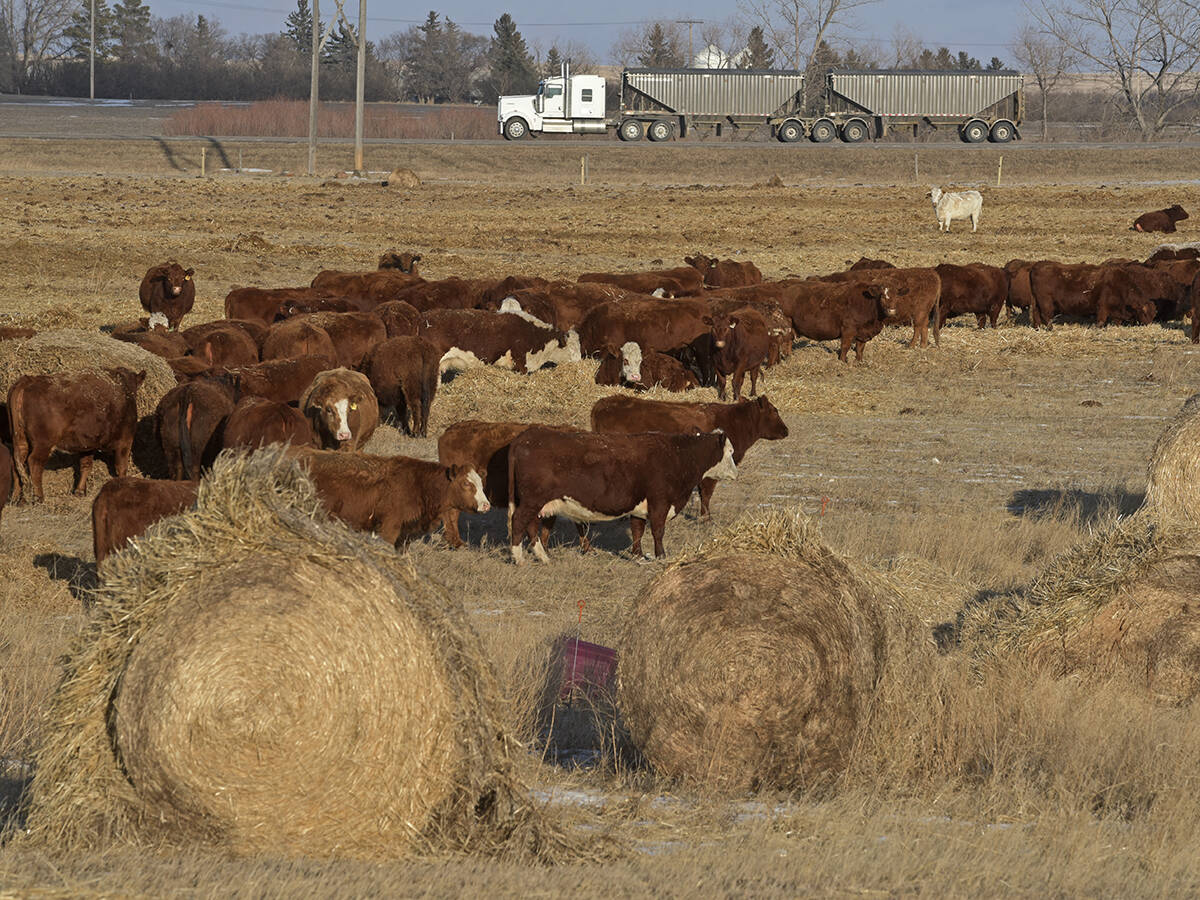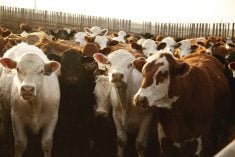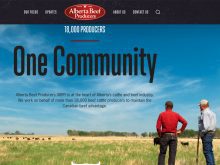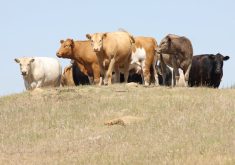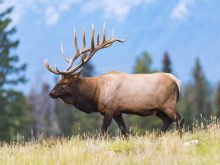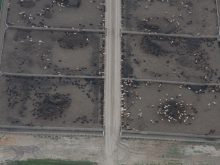REGINA — The Canadian Cattle Association president says he was shocked and blindsided when Alberta Beef Producers announced it would withdraw from the national organization next year.
However, Tyler Fulton also said he is optimistic the two parties will work through the issues ABP identified and resolve them before the July 1, 2026, withdrawal date. He expects leadership of the two organizations to meet ahead of the Sept. 8-11 semi-annual meeting in Quebec.
ABP president Doug Roxburgh cited governance and fiscal transparency when the organization announced its decision mid-August. ABP wants CCA to lift the freeze on board seats and revise how the seats are awarded. Alberta has about 50 per cent of the cattle in Canada but only seven of 24 board seats.
Read Also

Why feds imposed EV tariffs
Moe and Kinew have a fight on their hands when it comes to eliminating the EV tariff. Canada has to worry about pissing off the U.S. and Mexico and hundreds of thousands of auto workers.
It also wants CCA to have an elected finance chair who reports to members.
Roxburgh suggested during a news conference that an independent third party comprehensively review CCA’s structure, with input from elected representatives.
“Additionally, we believe provincial funding assessments need to be based on retained marketings across all provinces to ensure fairness and consistency,” he said.
“We have not seen meaningful progression or a willingness to address these concerns. We owe it to Alberta’s cattle producers to ensure their dollars are invested in organizations that align with their values and priorities.”
ABP is just through the second of a three-year funding arrangement that based its CCA contributions on the checkoff it collected after producer refunds were subtracted, rather than the gross amount. In 2022, ABP said refund requests had substantially reduced its funding.
The other provinces are assessed on gross marketing, and so part of the agreement was to freeze the board seats.
At the time, ABP said it may have to cut its CCA contribution by up to $1 million, or one-third of the CCA’s total funding.
Fulton said last week the three-year arrangement meant ABP was already being treated differently than the other provinces that pay based on marketings.
“That had pretty significant implications to CCA,” he said.
The organization got by on savings accrued during the COVID pandemic and a reserve fund, he said.
He said he believed CCA and ABP were already on the path to addressing the arrangement set to expire next July.
“For some reason they felt it necessary to really amplify the timing,” he said.
Fulton said ABP would likely want to continue with the funding model it has had, but that has larger implications for CCA.
“I think we would have to be equitable to all provinces. We would need to go to that same model for them, and consequently that would result in further losses in revenue if we simply maintained the per head assessment,” he said.
No other province has asked for the funding model to change. Fulton said Alberta refunds are likely greater because of the large feeding sector.
He also said CCA can’t unilaterally change the funding or representation level; all provinces have to agree.
“I think the way forward is through re-engaging ABP as a full paying member, but if we couldn’t, then I think we would have to look at other models,” Fulton said.
The ABP decision would only affect the $2 provincial portion of the levy and not the $2.50 national levy that funds the national check-off agency, Canadian Beef Research Council and Canada Beef.
Of that $2, provinces send 53 cents to CCA.
Roxburgh said there are eight to 10 months of runway now to have meaningful discussion and renegotiations. He said ABP wants to be part of a strong national organization.
He identified the lack of an elected finance chair at CCA as a major concern, saying there was no one ABP could go to with questions about funding or where money is going.
”We certainly understand there’s potential for reduced marketings as the cow herd right across Canada decreases, and so at ABP we worked really hard to start to put a plan in place as to what our fiscal projection looks like with the potential of reduced marketings,” he said.
Roxburgh said ABP wants a clear fiscal path ahead.
ABP general manager Brad Dubeau said in the meantime the organization will continue to work with CCA.
”In the event that it’s determined that maybe it’s going to be a need for further steps around our own advocacy, then we’ll provide more details on that at that time. Right now we have full intentions to work with the CCA.”
Asked how an independent ABP might affect trade, Roxburgh said beef and live cattle exports fall under the Canada-U.S.-Mexico Agreement, which he hoped would be reviewed and signed before that happens.
He said ABP is prepared to support CCA with funding if a larger trade issue arises. It has also been working closely with several states.
Dubeau said ABP has spent the last several years improving communication with producers, advocating to the provincial government and building btter relationships with other provincial organizations. Roxburgh added he is focused on talks with CCA to see where they end up.
According to CCA financial statements, Alberta contributed $1.58 million for the year ending June 30, 2024, compared to $1.97 million in 2023. Saskatchewan is the next largest funder at $797,176 in 2024, up from $683,488 the previous year . Manitoba, Ontario and Quebec also saw increased contributions from 2023 to 2024.
Saskatchewan has four representatives on the board.


